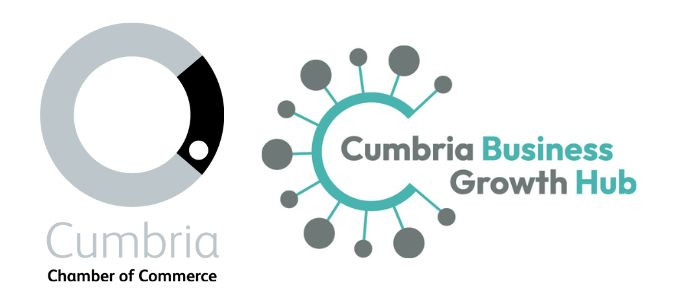More than half of UK businesses now use AI but employers need to do more to address the concerns of their staff, says Acas.
More than a quarter (26%) of workers are worried that artificial intelligence (AI) will lead to job losses, according to a new YouGov survey commissioned by Acas. The poll also found that just under a fifth (17%) were worried about AI making errors, while 15% were concerned about a lack of regulation.
"Some employers may be looking to embrace new technologies as a way to cut costs, increase productivity or make workers' jobs easier. There can be concerns from staff when new technologies are introduced at work and it's clear from our study that their biggest worry is that AI will result in job losses. Bosses should have clear policies on the use of AI at work, remember that it is not a perfect technology and have open conversations with employees around its use." Dan Ellis, Acas interim chief executive.
Start-ups lead the way on AI adoption
New research conducted by Strand Partners for Amazon Web Services (AWS) has found that AI adoption in the UK has grown by 33% in the past year, outpacing the European average (27%). More than half (52%) of UK businesses now use AI. The vast majority (92%) of businesses that have adopted AI say they've seen increased revenue.
However, a gap between start-ups and established businesses seems to be emerging. While many firms are using AI for efficiency gains, start-ups are integrating AI into the centre of their business strategy, and using it to develop new products and services and transform their industries.
Businesses say the digital skills gap is the biggest barrier to AI adoption - 38% of businesses reported that access to digital skills is preventing them from adopting AI, up from 29% last year. AI literacy is likely to be required in nearly half (47%) of new UK jobs in the next three years, yet only 27% of UK businesses feel adequately prepared.
How can business owners use AI at work effectively?
Acas has published advice for employers on the use of AI in the workplace:
- Employers should develop clear policies regarding the use of AI in the workplace and should consult employees on its introduction. If there is an expectation that certain roles begin using AI, that could mean a change of terms and conditions.
- Employers investing in AI should highlight how it can improve employees' roles and reassure staff that human involvement will still be needed.
- Organisations should remember that AI is not perfect, so outputs should be checked for accuracy, tone and bias. AI should be cited when used and staff may require training on how to get the best outputs.
- A company's data privacy policies will apply for the use of AI. Employees should be careful entering information that is business-sensitive or personal into public tools. Information could be made public or used by others, so employees should check company AI policies and be aware of GDPR.
Written by Rachel Miller.
